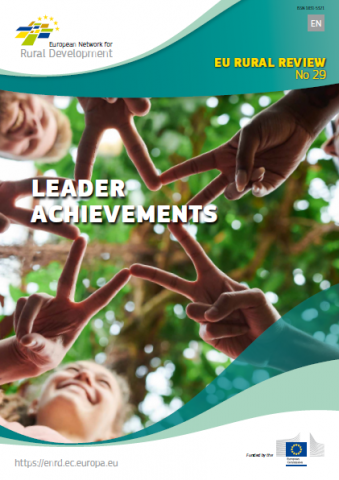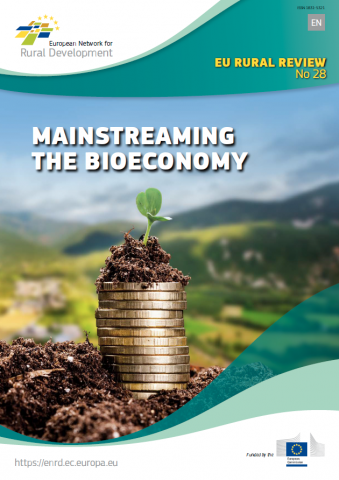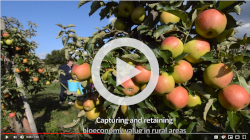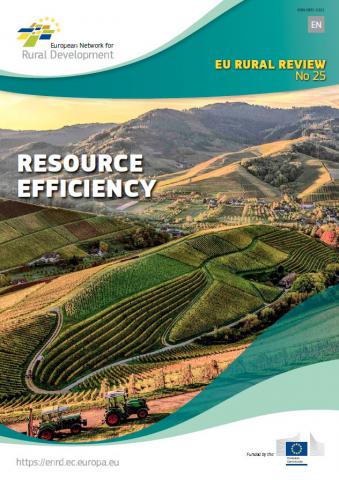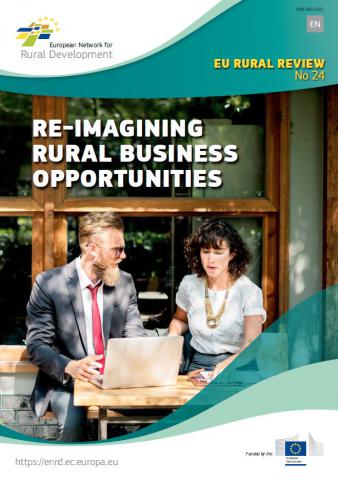This issue of the EU Rural Review explores some of the latest thinking and practice in how rural entrepreneurship can be supported to take advantage of emerging opportunities and latent potential in order to develop new forms of successful rural business.
Without seeking to ignore the many challenges facing Europe’s rural areas, the issue overviews new opportunities emerging from sectors ranging from the biotechnology to the experience economy and from possibilities created by new information technologies to changing consumer demand.
Finally, it examines how the Rural Development Programmes can be deployed strategically to take advantage of these opportunities, finding smarter ways to deliver effective business support and making targeted efforts to overcome some of the specifically rural challenges.




